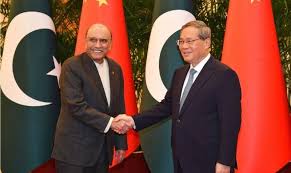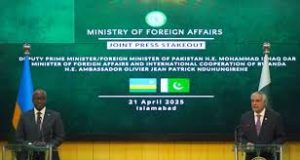Refugee students arrive in Italy to continue their studies

Rome: The first wave of UNICORE refugee scholars arrive in Rome to begin their two-year, fully-funded master’s programs across 37 Italian universities.
UNICORE (University Corridors for Refugees), is a scholarship program funded by the United Nations High Commissioner for Refugees, also known as the UN Refugee Agency. Since 2019, UNICORE has welcomed students who have been granted refugee status in certain African nations. This year’s cohort includes 65 beneficiaries from South Sudan, Somalia, Congo and Ethiopia, all countries currently enduring civil war and prolonged conflict.
In a statement, Caritas Italiana, one of the primary program coordinators, detailed how many of the young students will be escorted by diocesan humanitarian workers. Caritas is a conglomerate of Catholic relief organizations based in Rome, and it is only one of the religious organizations that will coordinate the UNICORE arrivals’ integration into Italian university life. The Waldesian Table and the Jesuit Refugee Service were also instrumental in planning this year’s initiative, along with the Italian Ministry for Foreign Affairs and CampusX, which will provide housing to some scholars.
Chiara Cardoletti, the Italian and Holy See representative to the UN Refugee Agency, expressed gratitude for the governmental, ecclesiastical, and charity organizations involved in UNICORE 2024.
“We are proud to be able to count on the constant commitment of the institutions, universities and partners that make it possible to obtain these results for the sixth consecutive year,” she said in the Caritas press release.
The scholarship recipients will study for two years at Italian universities across the nation. Students can choose from a variety of degree programs that include business economics, aeronautical engineering and international relations.
As a concept, university corridors stem from the larger project of humanitarian corridors, which are funded by the European Union’s Asylum, Migration and Integration Fund. These corridors prioritize the safe transport of vulnerable populations to Italy and are made possible through numerous faith-based organizations.
Pope Francis has frequently upheld the humanitarian corridors as a model to ensure the safe and legal passage of those fleeing conflict and poverty.
Access to higher education is vital in generating upward mobility and future opportunities for refugee populations. According to the UN Refugee Agency, just seven percent of global refugees are enrolled in universities, while non-refugee enrolment is around 42 percent.





